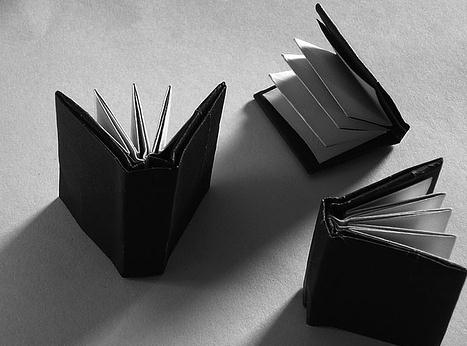常温大气压等离子体对番茄种带细菌的灭菌效果
摘要 为了明确常温大气压等离子体(atmospheric pressure room-temperature plasma,APRTP)在番茄种子消毒中的应用效果,以‘中杂302’种子为材料,采用平板培养计数和16S rRNA拷贝数分析法,测定了APRTP处理对种子表面和内部细菌的灭菌效果。结果表明,APRTP处理对种带细菌的灭菌效果显著,在5~30 min处理时间内,灭菌率随处理时间延长逐渐升高,处理25 min对种子表面和内部细菌的灭菌率达99%以上;番茄种子接种细菌性溃疡病致病菌—密执安棒杆菌密执安亚种(Cmm)后,采用APRTP处理25 min可有效杀灭99.84%的种带Cmm菌;种子活力检测表明,APRTP处理可提高番茄种子活力,加快种子萌发速率,APRTP处理过的种子播种后,对幼苗早期生长不会造成伤害。综上,APRTP处理可显著杀灭番茄种带细菌,提高种子活力、促进种子萌发,是一种安全、高效的番茄种子处理方法。
关键词 常温大气压等离子体; 番茄; 种带细菌; 种子活力
中图分类号: S 436
文献标识码: A
DOI: 10.16688/j.zwbh.2018042
Abstract Cultivar ‘Zhongza 302’ seeds were used as materials to evaluate the sterilization effects of atmospheric pressure room-temperature plasma (APRTP) on seeds during tomato seed treatment. The bacteria on seed surface and in the seed were determined by analyzing the number of culturable bacteria and the 16S rRNA copies. The results showed that the sterilization effects of APRTP on tomato seed-borne bacteria were significant. The sterilization rate increased with the APRTP processing time increased from 5 to 30 minutes, and the sterilization rate could reach to more than 99% after APRTP treatment for 25 min for both surface bacteria and internal bacteria in the seed. APRTP was used to eliminateClavibacter michiganensis subsp.michiganensis (Cmm) inoculated to tomato seeds, the sterilization rate to Cmm could reach to 99.84% when samples were processed for 25 min. Furthermore, detection of seed vigor showed that APRTP treatment could increase the seed vigor, and thereby improve the germination potential and accelerate seed germination. After sowing, the APRTP-treated seeds showed no significant damages for the seedlings growth and development. Taken together, APRTP treatment showed significant sterilization effects on seed-borne bacteria and increased the seed vigor, indicating that it was an efficient and safe method for tomato seed treatment.
Key words atmospheric pressure room-temperature plasma; tomato; seed-borne bacteria; seed vigor
番茄Lycopersicon esculentumMill.是世界主栽蔬菜作物之一。番茄種子在制种、采收、运输、包装、贮存等各个环节都可能受到多种病原菌的侵染,导致其表面和内部带菌,带菌的种子是番茄苗期和成株期病害的主要初侵染源[1-2]。常见的番茄种传病害如早疫病、炭疽病、枯萎病等真菌性病害,以及细菌性溃疡病、斑疹病、疮痂病等细菌性病害对产量和品质造成了巨大损失[1-4]。由密执安棒杆菌密执安亚种Clavibacter michiganensis subsp.michiganensis(Cmm)引起的番茄细菌性溃疡病近年来在国内外频繁发生,造成的产量损失最高达80%以上[5]。对番茄种子进行消毒处理,对于防治种传病害、降低发病率具有重要作用。
常规种子消毒处理方法有物理消毒法(如温汤浸种、干热灭菌、辐照杀菌等)、化学药剂消毒(浸种、拌种等)和生物防治法等[6-7]。然而,温汤浸种和干热灭菌对耐热性强的微生物杀菌效果不佳,温度过高会影响种子发芽[6],辐射处理对种子发芽有显著抑制作用,且易诱变[8]。药剂浸种一般用药量大,易产生药剂残留,既影响种子活力,又会对环境造成污染[9],且杀菌剂仅对一种或几种病原菌起作用,消毒不彻底,部分种带病原菌甚至对杀菌剂产生抗药性[10]。生物防治法虽然安全、环保,但防治效果十分不稳定[11]。因此,广谱、高效、无毒、对种子无副作用的消毒技术是种子消毒处理的发展趋势。
推荐访问: 大气压 等离子体 常温 灭菌 番茄





